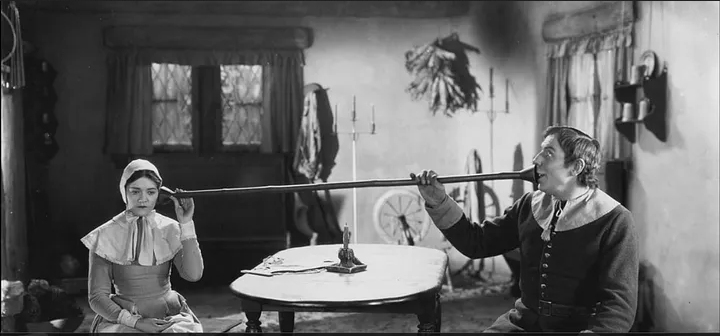
A pair of non-prescription, digital in-ear hearing aids made me younger and more beautiful. No, really — I felt old when my biggest contribution to conversation became, “I’m sorry, what?” And it isn’t attractive to carp, “Speak up, for the love of God.”
Follow along and see how my OTC hearing devices are life-altering, cognitively uplifting, and an epiphany at the same time.
Hearing aids, the quality of life, and dementia
Nih.gov cites a clinical trial by Dr. Frank Lin from Johns Hopkins University that compared the rate of cognitive decline over a three-year period between people who did and didn’t receive hearing aids. The group with hearing aids had an almost 50% reduction in the rate of cognitive decline.
“Hearing loss is very treatable in later life, which makes it an important public health target to reduce the risk of cognitive decline and dementia,” Lin said.
His colleagues found that mild hearing loss doubled dementia risk. Read that sentence again, please. Mild hearing loss doubled dementia risk. Mayo Clinic, Harvard Health, and a significant number of other health experts agree.
History of my ears (skip if you must)
I’ve been deaf for more than 50 years from a congenital condition called Otosclerosis, characterized by calcium deposits freezing the normal vibration of a tiny inner ear bone, the stapes. There are, of course, many causes of hearing loss. From The National Institutes of Health: About 15% of adults over 18 have impaired hearing, and at least half of us hear poorly after 75.
Early on, I could keep up with conversations if I watched people’s mouths move. But little by little, I couldn’t hear the wind, subtle variations in music, and a lot of other comforting sounds that add to the quality of life. So, I went on a quest for solutions that wouldn’t involve hearing aids. I didn’t want them. My mother, my grandmother, and my uncle wore those big, clunky ones with a battery pack to stick inside your…